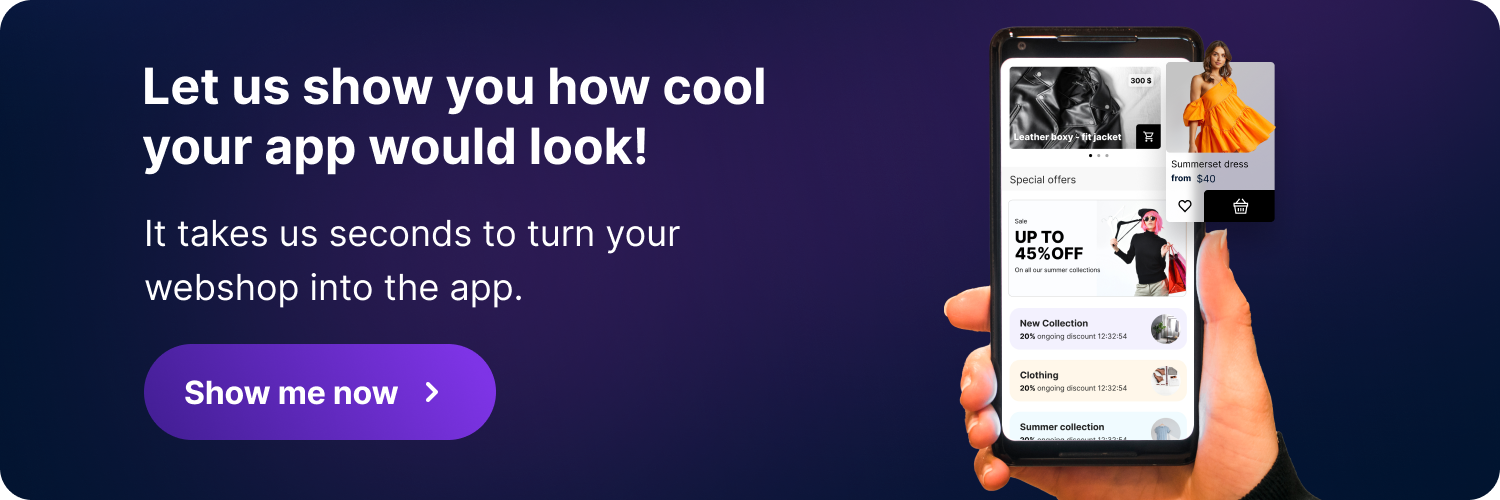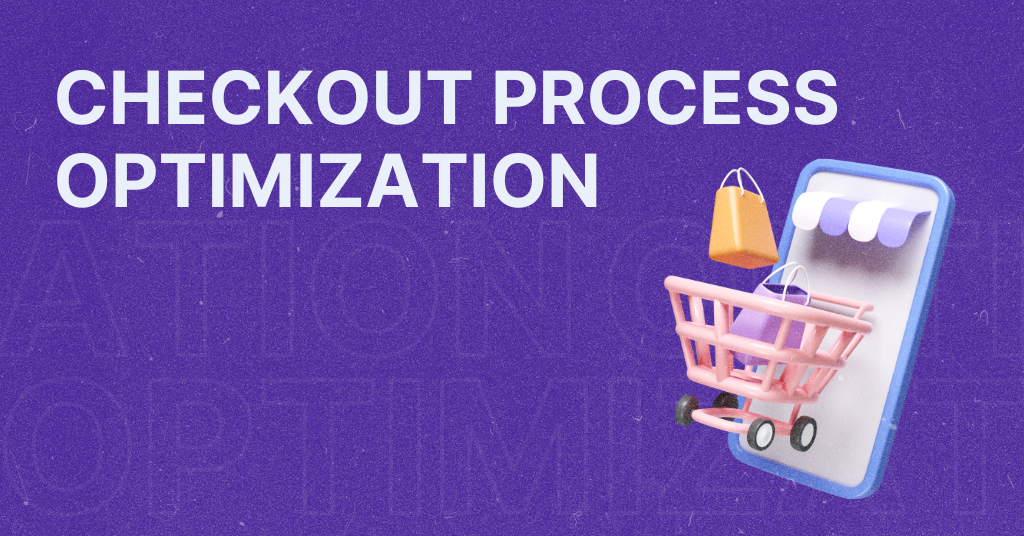
How to create effective mobile marketing campaigns for e-commerce?
Mobile marketing campaigns have become crucial for the success of online businesses. Many people use mobile devices for everything from browsing to making purchases. So, tapping into the power of mobile marketing is a game-changer. Are you ready to advance your e-commerce business with mobile marketing? Let’s get started!
What do consumers really do on their mobile devices?
How familiar are you with the world of mobile consumer behavior? Let’s start with some mind-blowing statistics and trends.
Did you know that a significant part of the population spends considerable time on their mobile devices? From scrolling through social media to searching for products, mobile usage is at an all-time high.
Are there any usage patterns? Yes!
You can tap into the proper channels at the right time to reach your target audience.
Speaking of the target audience, identifying their segments and preferences is vital. Are they tech-savvy millennials or busy parents on the go? Get to know their demographics, interests, and buying habits. It will help you tailor your campaigns to resonate with them.
Analyzing user intent and mobile conversion funnels is crucial for driving successful campaigns. Think about what motivates mobile users to make a purchase. Map the journey from discovery to conversion. That way, you can optimize your strategies and content.
Knowing the end goal
Creating effective marketing campaigns for e-commerce is only possible if you have clear objectives. So, it’s time to get specific and measurable! Start by defining your campaign objectives. Are you aiming to increase brand awareness, drive website traffic, or boost sales? Be clear about what you want to achieve so that you can align your efforts accordingly.
Next up, identifying key performance indicators (KPIs) is a must. KPIs are the metrics that will help you track the success of your campaigns. Some of the most-known metrics are click-through rates, conversions, and revenue. Choose the KPIs that align with your objectives and can be easily measured. You’ll have a clear view of the campaign’s performance and what are the next steps.
Remember, aligning your goals with your overall business objectives is crucial. Your mobile marketing campaigns should seamlessly integrate with your larger business strategy. Doing so ensures that every effort contributes to your overall success.
Crafting websites that convert on any device
Having a mobile-friendly website and providing a seamless user experience is important for the success of any e-commerce. Let’s start with responsive web design and mobile optimization best practices.
Your website should adapt to different screen sizes and devices. That will ensure that it looks and functions flawlessly on mobile. Responsive design and mobile optimization create a user-friendly experience that keeps visitors engaged. Engagement encourages customers to explore further.
But it doesn’t stop there. Streamlining the mobile purchase process is crucial for maximizing conversions. Make sure the steps from product selection to checkout are smooth and hassle-free. Remember these: simplified forms, guest checkout options, and optimized page loading speed. They minimize friction and boost mobile conversions.
Enhancing mobile navigation and the user interface is another critical aspect. Intuitive navigation and a clean user interface make it easy for mobile users to find what they want. Remember the straightforward menu and search functionality for navigating through the website quickly. Strategically place call-to-actions to guide users toward their desired actions.
Using the maximum from mobile advertising channels
Leveraging mobile advertising platforms is a game-changer. It’s time for an overview of popular mobile advertising platforms like Google Ads, Facebook Ads, and others. These platforms provide potent tools and vast reach to connect with your target audience on their mobile devices. You can tap into their user base and access advanced targeting and ad placement options.
Speaking of targeting, segmenting mobile audiences effectively is essential. With mobile advertising platforms, you can narrow down your audience. You can divide them based on demographics, interests, behaviors, etc. This allows you to reach the right people at the right time. Use that info to create personalized messaging that resonates with their needs and preferences.
Mobile screens are smaller; attention spans are shorter, so your ads must pack a punch. Here’s what makes an ad effective:
1. Visuals: attention-grabbing.
2. Copy: concise and persuasive.
3. Call-to-action: strong enough to grab attention and drive engagement.
The notification nation
SMS and push notifications can be powerful tools to engage and retain customers.
Firstly, SMS and push notifications offer instant and direct communication with your audience. They have high open rates and can deliver time-sensitive information. Flash sales, order updates, or personalized offers straight to your customers’ mobile devices.
To make the most of SMS and push notifications, building a permission-based subscriber list is essential. Encourage your customers to opt in by providing clear value propositions and incentives. Obtaining their consent ensures that your messages reach an interested and engaged audience.
Crafting engaging and personalized messages is vital to capturing attention and driving action. Make your messages concise, impactful, and relevant to the recipient. Use personalization tags to address customers by name. Also, tailor the content based on their preferences and purchase history.
The power of mobile apps
Mobile apps play a significant role in e-commerce marketing. They offer a unique opportunity to engage with customers and drive business growth.

Mobile apps for e-commerce act as a platform to showcase your products or services. It’s essential to have a well-designed and user-friendly app. Focus on intuitive navigation, fast loading times, and visually appealing design. Optimize the app for different devices and operating systems to ensure a consistent and smooth user experience. OmniShop creates mobile apps for both platforms, iOS and Android.
To maximize the impact of your mobile app, implement app-specific marketing strategies. Some of them can be in-app messaging to deliver relevant and timely messages to users, for example, updates on new products. Also, reward or loyalty programs can incentivize app usage and increase customer engagement.
Reaching the right place, right time
Location-based marketing can be a game-changer for your e-commerce business. It allows you to target and engage with customers based on their location.
Geo-targeting and location-based advertising tactics are vital components. You can deliver targeted ads to users in specific locations using data and technologies. Marketing messages will reach the right people at the right time, increasing the campaign’s effectiveness.
Localizing marketing campaigns for specific regions is crucial to resonate with local customers. When crafting your marketing materials, consider cultural nuances, language preferences, and regional interests. This personalization creates a connection with customers and increases the likelihood of conversion.
Using location data to personalize offers and promotions takes your marketing efforts to the next level. By understanding customers’ locations, you can provide area-specific recommendations or advertisements. This level of personalization enhances the customer experience and boosts engagement.
The real potential of social media
Social media platforms offer the chance for e-commerce businesses to connect with their target audience and drive engagement.
It’s essential to select the right social media platforms for mobile marketing. Consider the demographics, interests, and behaviors of your target audience. You need to identify the platforms they frequent the most. For example, TikTok is still for younger generations. And it might not be a perfect place to showcase a cream for pain relief for older people. Focus your efforts on the platforms that align with your audience’s preferences.
Shareable and mobile-friendly social media content is vital to capture attention. Engaging content expands your brand awareness and reach. Keep your content visually appealing, concise, and easily digestible on smaller screens. Use videos, eye-catching visuals, and captions to stand out in users’ feeds.
Engaging with mobile social media communities and influencers is a powerful way to build brand advocacy. Participate in discussions and respond to comments. You can create a loyal community by fostering connections and leveraging user-generated content.
Turning mobile metrics into actionable insights
Tracking and analyzing the performance of your marketing campaigns is essential. It helps you to understand what works and optimize your strategies.
Monitor metrics like click-through rates, conversion rates, engagement rates, and bounce rates. For some, they might be only numbers, but in reality, they show the effectiveness of your campaigns. Also, they provide insights into customer behavior and the success of your mobile marketing efforts.
Using analytics tools is essential for gaining deeper insights into your campaign performance. Platforms like Google Analytics or mobile-specific analytics tools provide valuable data. Dive into these analytics to identify trends, patterns, and areas for improvement.
Continuous testing and improvement strategies are vital to optimize your campaigns. Test different elements of marketing campaigns, such as ad copy, visuals, or call-to-actions. A/B testing allows you to identify what resonates best with your audience. You can enhance your campaign’s effectiveness over time by making data-driven improvements.
Summary
We covered all you needed to know about mobile marketing in e-commerce. Here’s what you should remember:
- Mobile marketing is essential for the success of e-commerce businesses.
- Understanding mobile consumer behavior and preferences is crucial for targeting the right audience.
- Clear objectives and goals align mobile campaigns with overall business strategies.
- A mobile-friendly website with seamless user experience maximizes conversions.
- Leveraging mobile advertising platforms and effective targeting drives engagement.
- SMS and push notifications offer direct and instant communication with customers.
- Mobile apps provide unique opportunities for engagement and customer loyalty.
- Location-based marketing allows for targeted advertising and personalized offers.
- Social media platforms are powerful tools for reaching and engaging with the target audience.
- Tracking and analyzing campaign performance through metrics and analytics inform optimization strategies.
Let’s book a 30-min mobile strategy session and give your shop a boost.
Let’s book a 30-min mobile strategy session and give your shop a boost.


